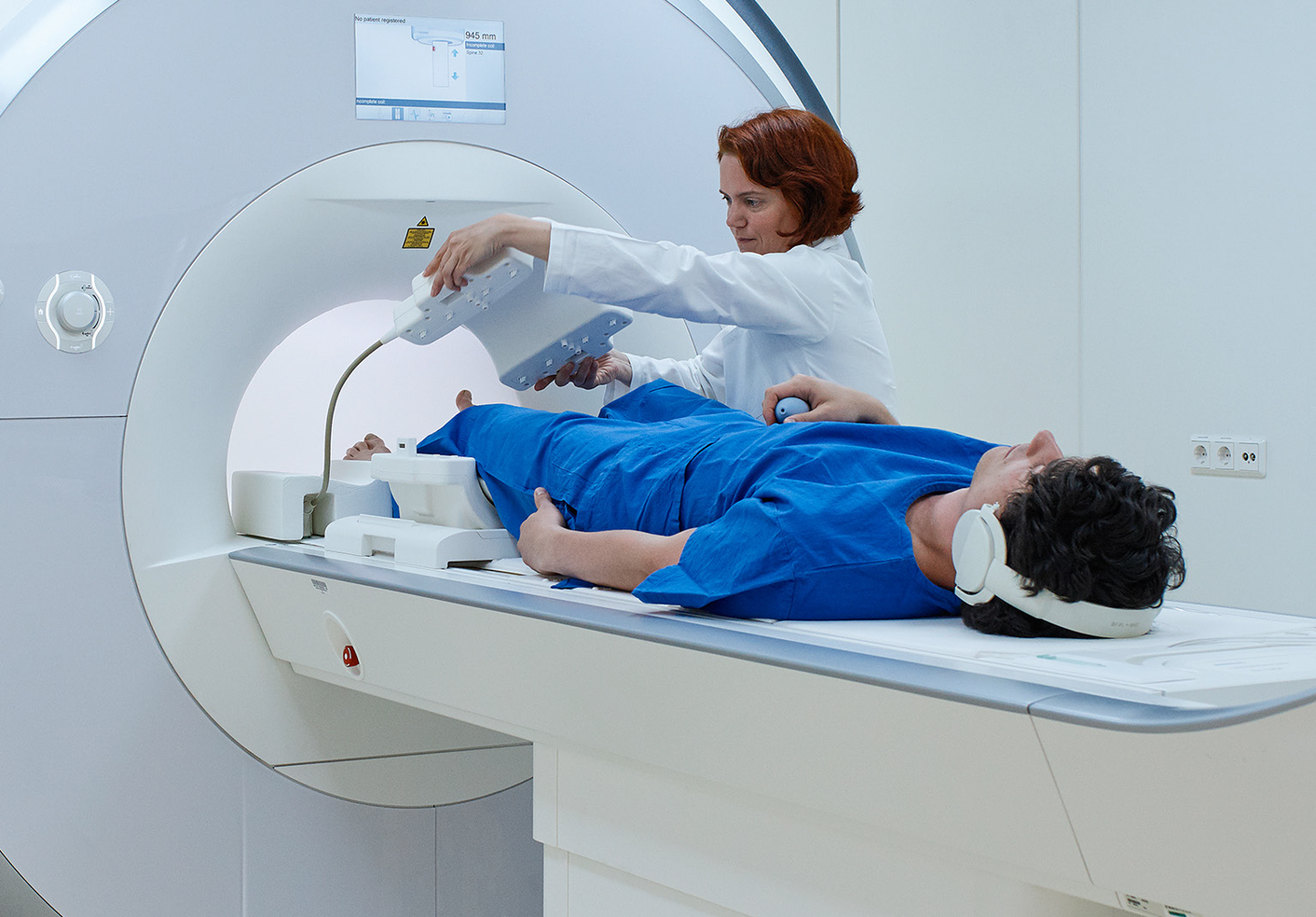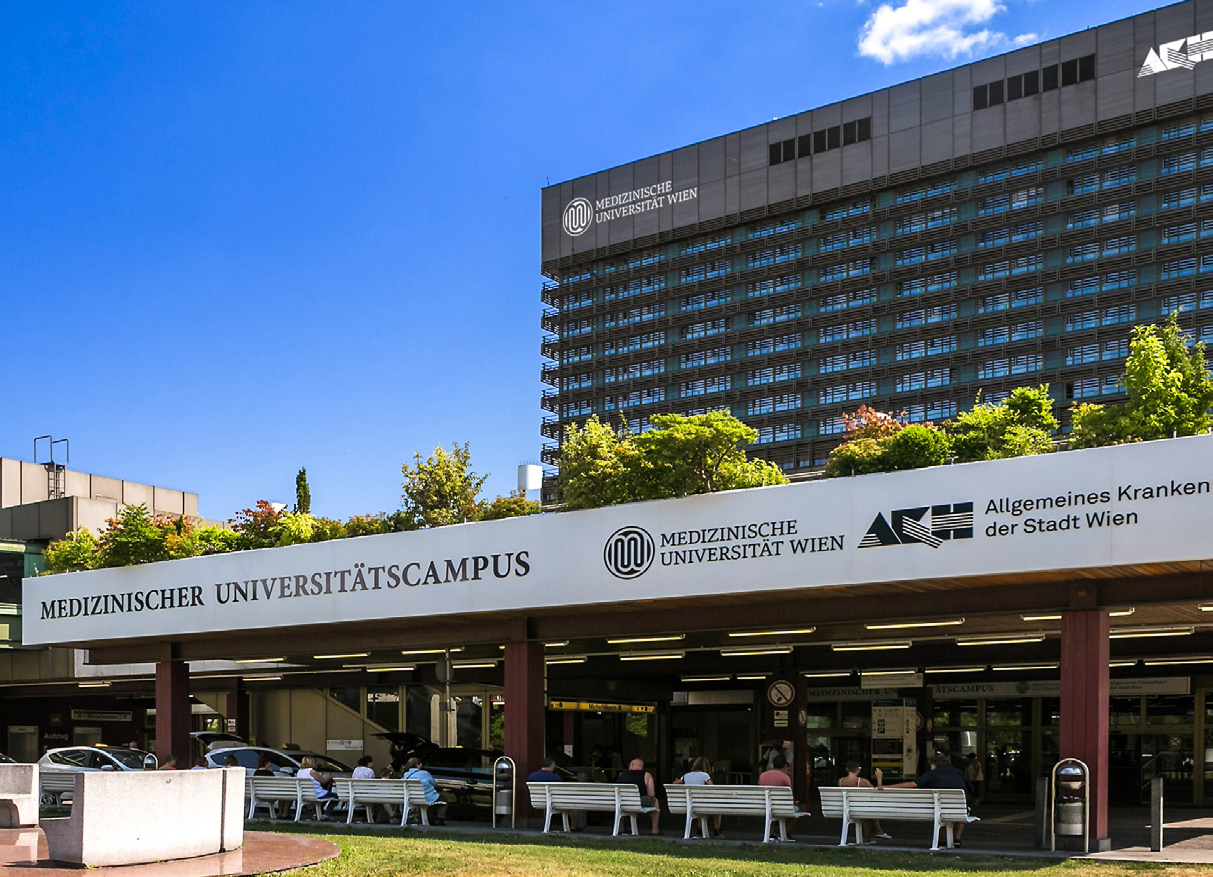In the initial phase, we had very close collaboration with RaySearch software engineers who adapted the script according to our requirements.”

Case study: Future-Ready Radiotherapy at Iridium Network
SCALING AUTOMATION WITH RAYSEARCH
Iridium Network: Pioneering Clinical Innovation
To address these challenges, Iridium Network has strategically implemented advanced automation technologies to optimize efficiency and enhance patient care. Established in 2006, Iridium Network is Belgium’s largest radiotherapy provider, spanning seven hospital groups in 18 locations, serving over 1.5 million residents in the Antwerp region. Operating 10 linear accelerators on 4 sites, including specialized units for stereotactic and intra-operative radiotherapy, the network annually delivers more than 6,000 treatments to over 4,500 new patients.
Given the complexity and geographic dispersion of its operations, Iridium quickly recognized the importance of automation to maintain exceptional care standards and respond dynamically to evolving healthcare needs.
A Decade of Collaboration and Innovation
Iridium and RaySearch have shared a robust and enduring partnership since 2015. "It has been super exciting and with a lot of depth," remarks Dr. Piet Dirix, Head of Radiotherapy at Iridium Network. Over the past decade, Iridium has developed extensive expertise with RaySearch’s treatment planning system, RayStation, methodically exploring diverse planning approaches and consistently pushing technological boundaries.
In 2018, Iridium became the first healthcare provider globally to clinically implement RaySearch’s oncology information system, RayCare, only two months after its release. When asked about the foundations of these impactful milestones, Dr. Dirix emphasizes trust: "In the last decade, we have seen huge trust between us as partners, and we really do this together. It’s not a customer relationship; it’s a real partnership."
Translating Trust into Clinical Efficiency
Before automation, Iridium, like many other radiotherapy clinics, faced significant challenges: time-consuming manual processes, limited patient interaction due to high workloads, and workflow bottlenecks causing inefficiencies. These issues affected staff productivity, prolonged treatment cycles, and ultimately impacted patient experiences.
Recognizing automation's transformative potential, Iridium adopted RaySearch’s advanced solutions, achieving remarkable improvements in workflow efficiency. "Our goal was always to have a entire plan ready in a day, from delineation to planning, and we are there," says Dr. Dirix. "We often have it ready in half a day, for instance in the case of prostate cancer plans."
Getting There with RaySearch Automation Solutions
RaySearch’s automation suite includes three major technological advancements: a scripting interface and two AI-driven solutions for medical image segmentation and treatment plan generation – all seamlessly integrated into RayStation. This unified automation solution significantly reduces manual intervention, enhances procedural accuracy, and optimizes resource utilization.
Streamlining Workflows through Scripting
RaySearch's scripting interface is central to clinical automation, streamlining tasks like data handling, verification, and treatment planning. At Iridium Network, RayStation scripts are used to automate key steps in the radiotherapy workflow, including AI-driven contouring and deep learning-based plan generation.
Building on this foundation, Iridium implemented background scripting to further boost efficiency and safety. These scripts handle repetitive tasks automatically and include validation checks that prompt staff for review when necessary, preserving critical human oversight.
"The beauty of background scripts is that you cannot forget them – they run automatically in the workflow," says Geert De Kerf, Medical Physics Expert at Iridium and a key figure in the scripting rollout.
To enhance clinical relevance, physicians, RTTs, and physicists are encouraged to consistently report anomalies or deviations. This not only reinforces the safety culture but also drives continuous improvement of background scripting.
Rapid and Precise AI-driven Medical Image Segmentation
Traditionally, manual segmentation of tumors and organs-at-risk is resource-intensive and prone to inter-observer variability. RaySearch’s deep learning segmentation models have significantly enhanced Iridium’s workflows by dramatically reducing segmentation time – from several hours to less than one minute – without sacrificing accuracy.
“I specialize in prostate cancer,” says Dr. Piet Dirix. “Now, with a single click, all relevant organs-at-risk are delineated in under a minute, and I rarely need to make adjustments.”
For prostate cancer cases, this translates to an average time saving of 10 minutes per patient. In more complex treatment sites like head and neck, where a greater number of often more intricate organs-at-risk must be contoured, the time savings grow substantially – often amounting to several hours per patient. At a high-volume clinic like Iridium – delivering over 6,000 treatments annually – these individual time savings accumulate significantly, translating to thousands of clinical hours saved each year.
Advanced Planning through Deep Learning
Extending the benefits of AI-driven segmentation, RaySearch’s deep learning planning technology leverages dose prediction models tailored to specific clinical practices.
These models use extensive datasets to automatically generate optimized radiation treatment plans, significantly enhancing planning efficiency. They also enable broader exploration of treatment techniques and modalities – an effort that would be highly time-consuming or even unfeasible with manual planning alone.
At Iridium, two deep learning planning models for prostate cancer (including lymph nodes) were co-developed with RaySearch, using Iridium’s clinical data for model design, training, and validation. Although the models were tailored to Iridium’s clinical practice and treatment protocols, the same models are now being used at other clinical sites as well – illustrating the flexibility and power of deep learning technology.
Since implementation, the technology has saved an average of 30 minutes per prostate cancer case. Just as importantly, it has improved core treatment parameters by enhancing dose sparing for organs-at-risk – such as the bladder or anorectum – and by achieving more consistent target coverage.
End-to-End Automation for Prostate Cancer Treatments
Combining all components of RaySearch's automation suite – scripting technology, deep learning segmentation, and deep learning planning – Iridium has developed a streamlined workflow now applied to nearly all prostate cancer patients.
This comprehensive approach allows AI-generated contours and treatment plans to be executed within a scripted environment, significantly reducing the need for manual input. For example, the entire treatment planning process for a prostate case now requires only 15 manual clicks. To put that into perspective, importing and adjusting a treatment couch in RayStation previously required 12 clicks alone.
This high level of automation not only enhances operational efficiency and standardization but also ensures that every prostate cancer patient at Iridium receives a safe, consistent, and AI-driven planning experience – continuously guided by expert clinical oversight.
Future Focus: Adaptive Radiotherapy and Intelligent Scheduling
Automation is particularly crucial for adaptive radiotherapy, historically hindered by substantial manual involvement. Rapid AI-driven segmentation and automated planning, combined with streamlined processes through scripting, allow radiation therapists and medical physicists to perform these tasks independently, with physicians acting primarily as supervisors. Dr. Dirix highlights, "Adaptive radiotherapy has been a goal for decades; achieving its full potential through automation marks a significant leap forward."
Another promising development area is intelligent scheduling. Automated coordination of treatment machines offers significant operational advantages, such as shorter patient wait times, reduced manual coordination and physician oversight, and fewer scheduling gaps due to cancellations. RaySearch is actively developing an innovative automated scheduling solution, with Iridium currently evaluating a promising prototype that shows substantial potential to enhance clinical efficiency even further.
Comprehensive Automation: Benefits for Healthcare Providers
The future of radiotherapy will be characterized by fully automated clinical workflows. In this model, physicians would primarily oversee seamless operations, prioritizing patient interaction. Meanwhile, radiation therapists and medical physicists will benefit from streamlined planning processes, allowing them to focus on more complex clinical work and contribute more effectively to clinical outcomes.
Automation also transforms department management, potentially reducing staffing pressures amidst healthcare workforce shortages. It promotes better work-life balance for clinical staff by minimizing routine tasks and creating a more sustainable work environment.
From Iridium to Other Clinics: Scaling Automation in Radiotherapy
Iridium’s journey toward radiotherapy automation offers a practical, step-by-step model for other clinics. The key is to start small and steadily increase the level of standardization. “Don’t run if you can’t walk,” advises Geert De Kerf. Early automation efforts can be simple. “Just start with writing scripts or using protocols – little changes can make a big difference,” De Kerf continues.
A major advantage of automation is time savings – a constant need in healthcare. “The earlier you start, the more time you gain,” he notes. “It’s the first clinical project I implemented that truly saved time.”
As for AI-driven tools, De Kerf emphasizes the importance of careful model evaluation. “Evaluate and commission your deep learning models, trust in their performance, and always stay alert – a model can fail, and you might not notice it during implementation.”
Iridium’s experience shows that meaningful change does not require sweeping reforms. With the right tools and partnerships – like the one with RaySearch – clinics can take tangible steps toward more efficient, consistent, and patient-centered radiotherapy, powered by automation.
The hospital had 2 terabyte (TB) on the local workstation and 2 TB on disk space. 2 runs were required, with 2-4 TB needed. Storage needs are very site specific, depending on how many studies are associated with a particular patient. As a rule, one should analyze the size of the pure DICOM source data and multiply by a certain factor to determine how much information the clinic needs to add. In this specific case, a factor of approximately 1.1 was applied to the source data.
ADVANCING CANCER TREATMENT
RaySearch is a committed pioneer of oncology software. Since 2000, we have worked in close cooperation with leading centers to improve life and outcomes for patients. We develop all our products from the ground up and continuously revise every aspect, from algorithms to user interface designs. Medical science never stands still, and neither does RaySearch — our relentless drive to do things better leads us to ever-higher performance, accuracy, safety and usability. And this is just the beginning.
We believe software is the driving force for innovation in oncology. Our systems use groundbreaking automation and machine learning to create new possibilities. RayCare*, the next-generation oncology information system, will enable one workflow for all the oncology disciplines, ensuring fluid coordination of tasks and optimal use of resources. RayStation harmonizes treatment planning, providing one point of control for all planning needs — any equipment, any scale.
*Subject to regulatory clearance in some markets.

For more information or to see a demo, contact sales@raysearchlabs.com
